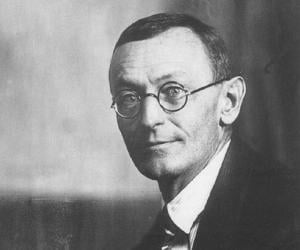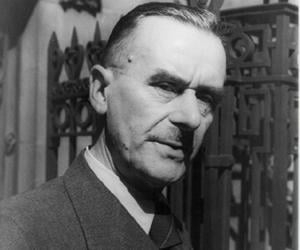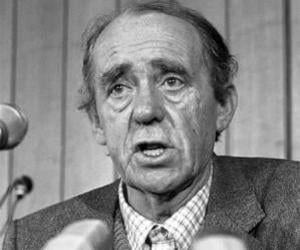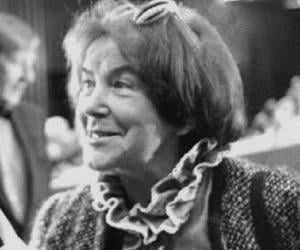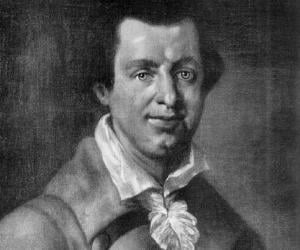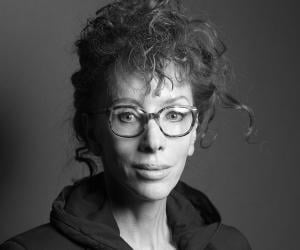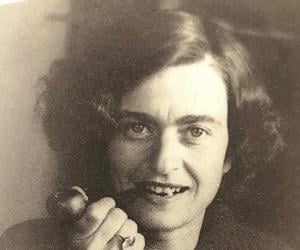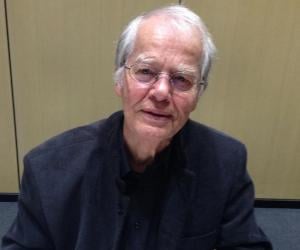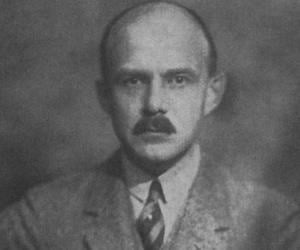1
Hermann Hesse
(Poet, Novelist & Painter Who Won the 1946 Nobel Prize in Literature)
Birthdate: July 2, 1877
Sun Sign: Cancer
Birthplace: Calw, Germany
Died: August 9, 1962
Hermann Hesse was a prolific German-Swiss poet, novelist, and painter known for his exploration of themes like authenticity, self-knowledge, and spirituality in his literary works. He began his career as a writer in the late 19th century, with his first novel published in 1904. Hesse's experiences in India and his interest in Indian mysticism had a profound influence on his work, leading him to incorporate Eastern spiritual values into his writing. In 1946, he was awarded the Nobel Prize in Literature for his contributions to the literary world.
